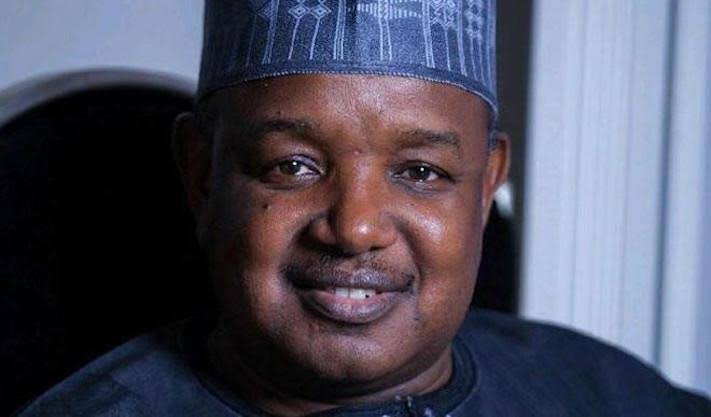News
BudgIT slams Nigerian govt’s implementation of multiple budgets

The Nigerian government has come under fire from a civil society organization BudgIT for its unorthodox approach to budgeting.
This was contained in a statement issued on Friday by its communications officer, Nancy Odimegwu.
BudgIT strongly condemned the proposed concurrent implementation of four national budgets in the 2024 fiscal year.
President Bola Tinubu had recently sought the approval of the National Assembly for an extension of the implementation periods of the two budgets.
The president had asked the lawmakers to shift the termination date of the two budgets from December 31, 2023, to December 31, 2024.
This complex scenario involves:
• 2023 Approved Budget: Signed into law in January 2023, this budget was originally designed to run for a standard 12-month period.
• 2023 Supplementary Budget: This mid-year addition aimed to address unforeseen circumstances during the initial budget cycle.
• 2024 Approved Budget: The standard annual budget for 2024, reflecting the government’s spending plans for the current year.
• Proposed 2024 Supplementary Budget: While not yet finalized, this additional budget raises concerns about further deviations from the standard budgetary process.
But reacting on Friday, BudgiT, which tracks the implementation and execution of government projects in the country, said shifting the budget termination date would turn the country’s annual budget into a biennial.
READ ALSO:BudgIt confirms Sen Ningi’s budget padding allegation, says no detail for N3.7trn allocation
BudgiT said it was worrisome that the Federal Government could be drafting a 2024 supplementary budget to be implemented alongside the 2023 yearly budget, 2023 supplementary budget, and 2024 annual budget.
It stated, “Recall that the 2023 Approved Budget of N21.83 trillion was signed into law by former President Muhammadu Buhari in January 2023, and was designed to run for 12 calendar months from January to December, as is the practice globally.
“In addition, while the 2024 Appropriation Bill was being drafted, the 2023 Supplementary Budget of N2.17 trillion was passed by the National Assembly and assented to by President Bola Tinubu barely two months before the end of the 2023 fiscal year.
“National Assembly had initially extended the implementation of the 2023 Approved Budget and 2023 Supplementary Budget to June 30, 2024, and now to December 31, 2024.”
BudgIT’s concerns are multifaceted:
• Resource Scarcity: Dividing resources across multiple budgets limits the available funds for each one. This can lead to delays in project execution and hinder the government’s ability to deliver on its promises.
• Prioritization Challenges: With four budgets in play, prioritizing spending becomes a complex task. Essential projects outlined in the 2024 budget may be overshadowed by outstanding requirements from previous budgetary cycles.
• Lack of Transparency: The management of multiple budgets simultaneously increases the risk of confusion and opacity. Tracking spending allocations and monitoring project progress becomes more difficult under these circumstances.
The government has yet to respond to BudgIT’s criticisms. However, this incident raises crucial questions regarding fiscal responsibility and transparency in Nigeria.
• How will the government manage the complexities of implementing four budgets concurrently?
• Will this approach lead to delays or disruptions in critical government projects?
• What steps will be taken to ensure transparency and accountability in the allocation and utilization of funds?
Join the conversation
Support Ripples Nigeria, hold up solutions journalism
Balanced, fearless journalism driven by data comes at huge financial costs.
As a media platform, we hold leadership accountable and will not trade the right to press freedom and free speech for a piece of cake.
If you like what we do, and are ready to uphold solutions journalism, kindly donate to the Ripples Nigeria cause.
Your support would help to ensure that citizens and institutions continue to have free access to credible and reliable information for societal development.

























